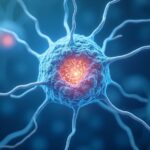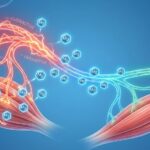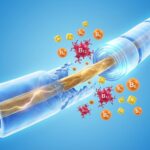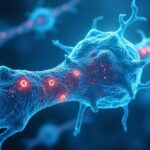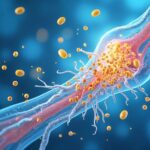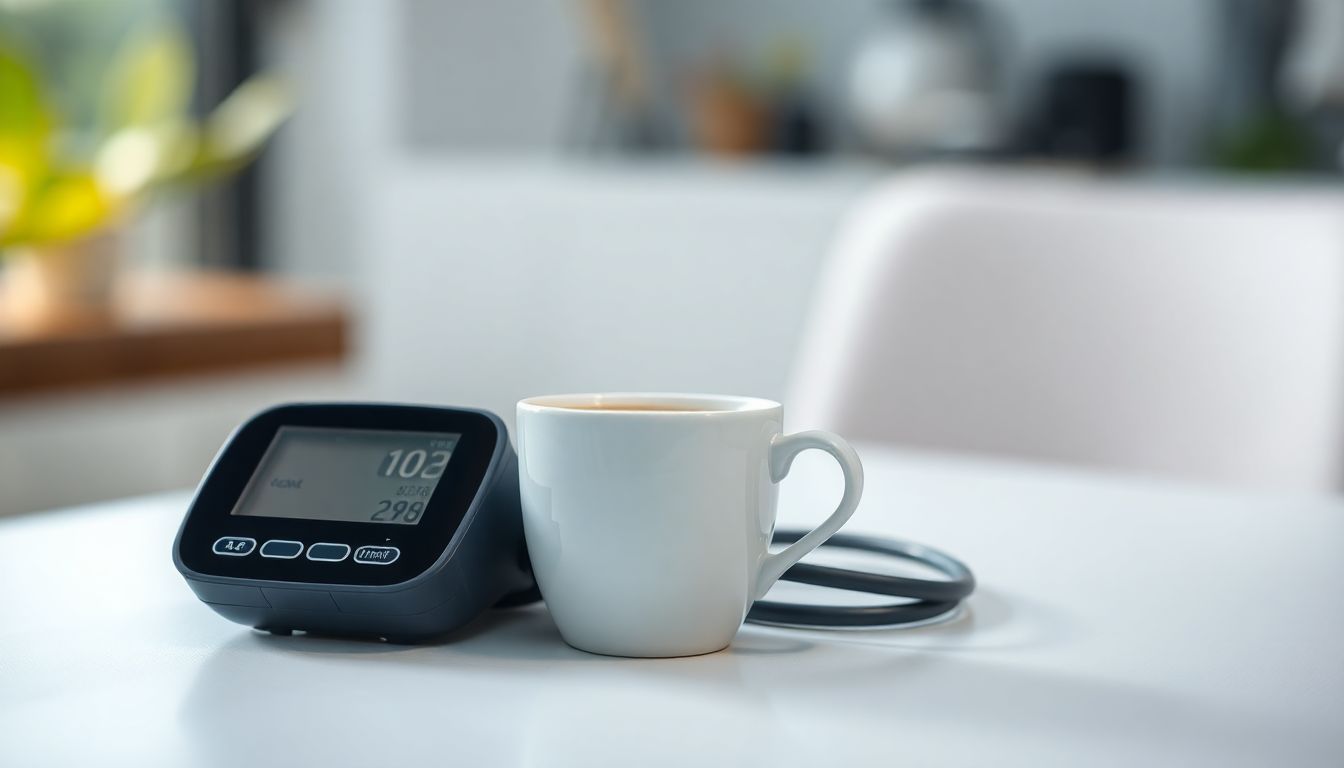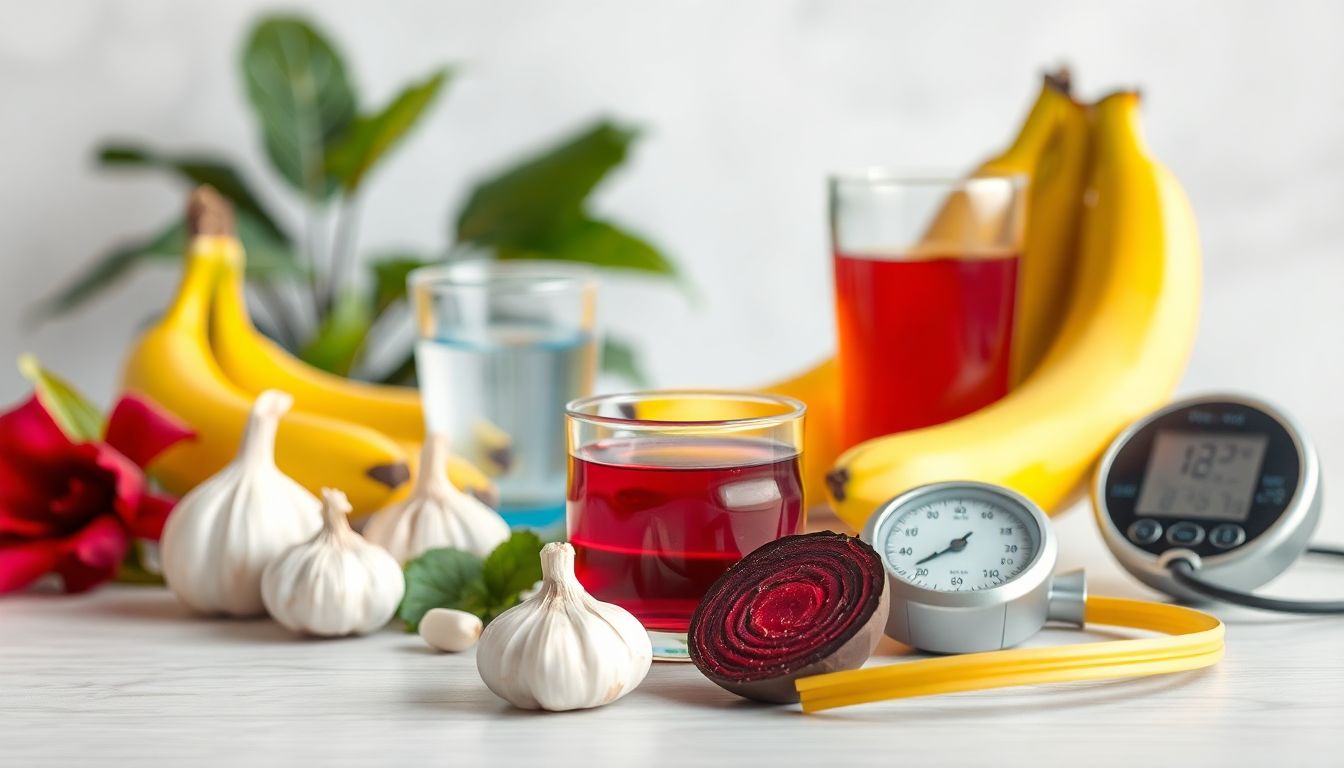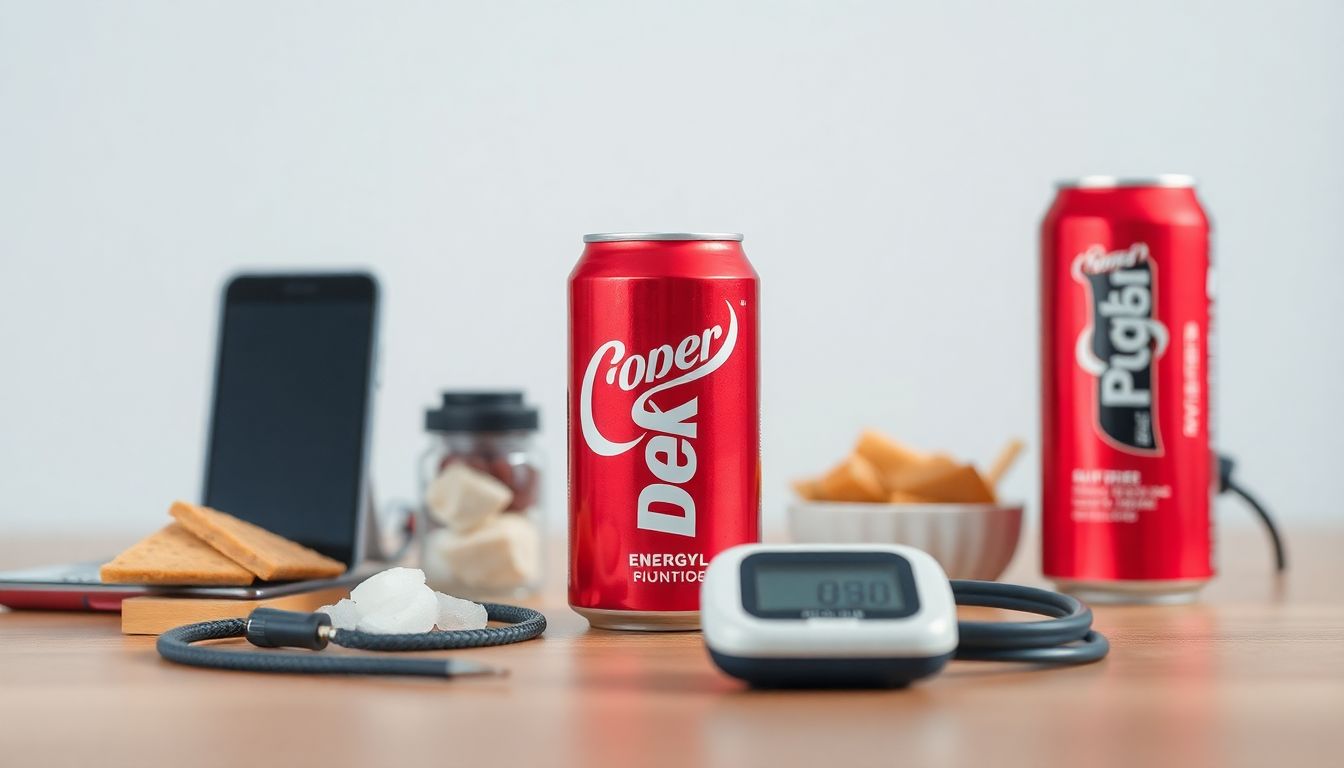For millions of people, caffeine is a daily ritual — from the first morning coffee to an afternoon energy boost.
But if you’re concerned about your heart, you may wonder:
Does caffeine raise blood pressure — and should you limit it?
The answer isn’t as simple as “good” or “bad.”
Research shows caffeine can cause a temporary spike in blood pressure, but long-term effects depend on tolerance, lifestyle, and how much you consume.
This science-backed guide breaks down exactly what caffeine does to your blood vessels, who should be cautious, and how to enjoy caffeine safely.
(Related Reading: ➡️ Morning Habits That Help Reduce High Blood Pressure ➡️ Best Drinks to Lower Blood Pressure Instantly)
⚡ How Caffeine Affects Blood Pressure (The Science)
Caffeine is a natural stimulant found in:
- Coffee
- Tea
- Energy drinks
- Chocolate
- Pre-workout supplements
- Some sodas
- Certain medications
It works by blocking adenosine, a chemical that relaxes blood vessels.
When adenosine is blocked:
- Blood vessels constrict
- Heart rate increases
- Blood pressure rises temporarily
📈 How much does caffeine raise BP?
Studies show:
- 5–10 mmHg increase for most people
- Up to 15 mmHg in sensitive individuals
- Effects peak 30–60 minutes after intake
- Effects last 2–3 hours
(Bonus Reading: Understanding Blood Pressure Numbers)
☕ Does Coffee Cause Long-Term High Blood Pressure?
Surprisingly — no, not for most people.
Habitual coffee drinkers often develop a tolerance that prevents long-term elevation in blood pressure.
🔬 Research Highlights:
- Long-term coffee consumption does not increase hypertension risk for most adults.
- Some studies show regular coffee drinkers have lower BP due to antioxidant compounds.
- People who rarely drink caffeine experience larger spikes.
⚠️ Exceptions:
Caffeine may increase long-term BP in people who:
- Already have hypertension
- Are caffeine-sensitive
- Drink energy drinks (oversized caffeine + sugar)
- Consume high doses (400mg+ per day)
🚫 The Real Danger: Energy Drinks & Pre-Workout Supplements
Energy drinks and pre-workouts are very different from coffee.
They contain:
- Synthetic caffeine
- Taurine
- Sugar
- Yohimbine (in some pre-workouts)
- Guarana
- Synephrine (“bitter orange”)
These ingredients compound the effects, sometimes doubling the rise in blood pressure.
🛑 Risk Level: High
Energy drinks have been shown to raise BP by:
- 10–20 mmHg systolic
- 5–10 mmHg diastolic
If you have high blood pressure, avoid them completely.
🧬 Why Some People Are More Sensitive to Caffeine
Your reaction depends on:
1️⃣ Genetics
People with slow caffeine metabolism genes (CYP1A2) experience higher spikes.
2️⃣ Stress Levels
Cortisol + caffeine = amplified blood pressure response.
(Related: How Stress Affects Blood Pressure)
3️⃣ Existing Hypertension
If your BP is already elevated, caffeine has a stronger effect.
4️⃣ Sleep Quality
Poor sleep increases cortisol and magnifies caffeine’s impact.
(Read: Blood Pressure and Sleep)
📉 How Much Caffeine Is Safe If You Have High Blood Pressure?
The American Heart Association recommends:
✔ Safe Range
200–300 mg per day
(about 1–2 cups of coffee)
⚠ Moderate Risk
300–400 mg per day
(2–3 cups)
❌ High Risk
400 mg+ per day
(3+ coffees, energy drinks, or pre-workouts)
If you already have hypertension, limit yourself to:
👉 1 cup per day, or switch to half-caf or decaf.
☕ Does Decaf Coffee Affect Blood Pressure?
Decaf contains 3–15 mg caffeine, compared to 80–150 mg in regular coffee.
Research shows:
- Almost no impact on blood pressure
- Antioxidant benefits remain
- Great alternative for caffeine-sensitive individuals
🌿 Natural Ways to Offset Caffeine’s Effects on Blood Pressure
Pair caffeine with these healthy habits:
✔ Drink water
Dehydration increases BP.
✔ Add magnesium-rich foods
Magnesium relaxes arteries.
(Learn more: The Role of Magnesium in Blood Pressure Control)
✔ Walk for 10 minutes
Light movement lowers systolic BP by 5–8 mmHg.
✔ Choose “slow caffeine” drinks
Tea releases caffeine gradually, preventing spikes.
🧪 Should You Quit Caffeine Completely?
Most people don’t need to quit — just limit and monitor.
But consider reducing or eliminating caffeine if you have:
- Persistent hypertension
- Heart palpitations
- Anxiety
- Sleep problems
- BP spikes after coffee
- Frequent energy drink use
If unsure, check your BP before and 30 minutes after drinking caffeine to test your sensitivity.
❓ FAQs — Does Caffeine Raise Blood Pressure?
- How long does caffeine raise blood pressure?
2–3 hours on average. - Does morning coffee raise BP more than afternoon coffee?
Yes — stress hormones are higher in the morning. - Do energy drinks raise blood pressure?
Yes — significantly more than coffee. - Is tea better for blood pressure than coffee?
Usually yes — tea has gentler caffeine release. - Can caffeine cause a hypertensive crisis?
Only in extreme doses or sensitive individuals. - Does quitting caffeine lower BP?
Some people see a 5–7 mmHg reduction. - Does espresso raise BP less than brewed coffee?
Often yes — smaller volume = less caffeine. - Is decaf safe for high blood pressure?
Yes — very minimal impact. - Should I avoid caffeine if I take BP medication?
Preferably reduce intake and consult your doctor. - How much caffeine is too much?
Over 400 mg per day increases health risks.
❤️ Final Thoughts
Caffeine does temporarily raise blood pressure — but for most people, it’s not harmful when consumed in moderation.
The key is knowing:
- Your tolerance
- Your blood pressure baseline
- Your caffeine sources (coffee vs energy drinks)
- How your body reacts
If you’re monitoring your BP and drinking responsibly, you can enjoy caffeine without fear.
(Also read: The Complete Guide to Lowering Blood Pressure Naturally)
💡 Next Step:
Curious what foods silently raise your blood pressure?
👉 Read The Worst Foods for Blood Pressure You Should Avoid
📚 Related Articles
- Best Drinks to Lower Blood Pressure Instantly
- Morning Habits That Help Reduce High Blood Pressure
- How Stress Affects Blood Pressure


